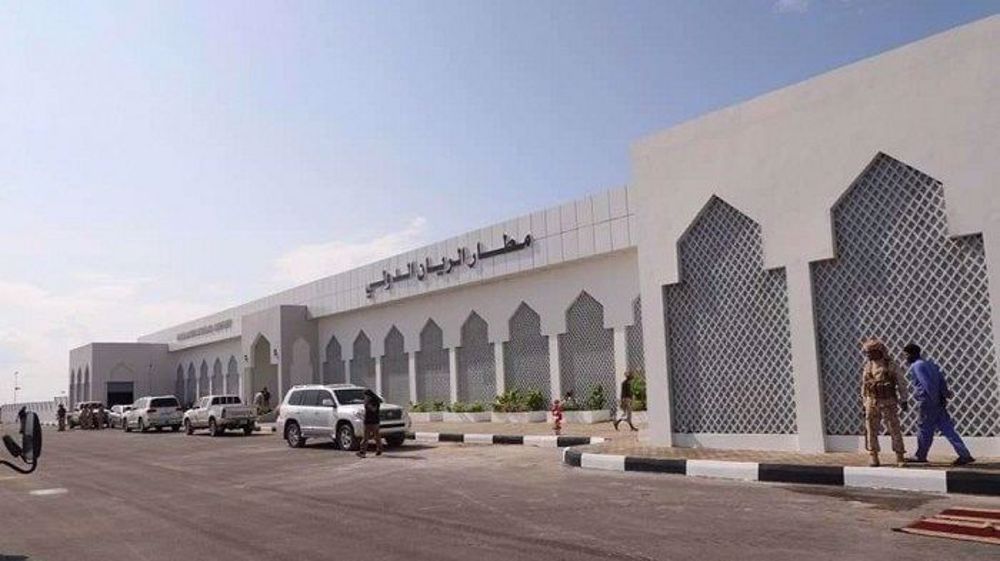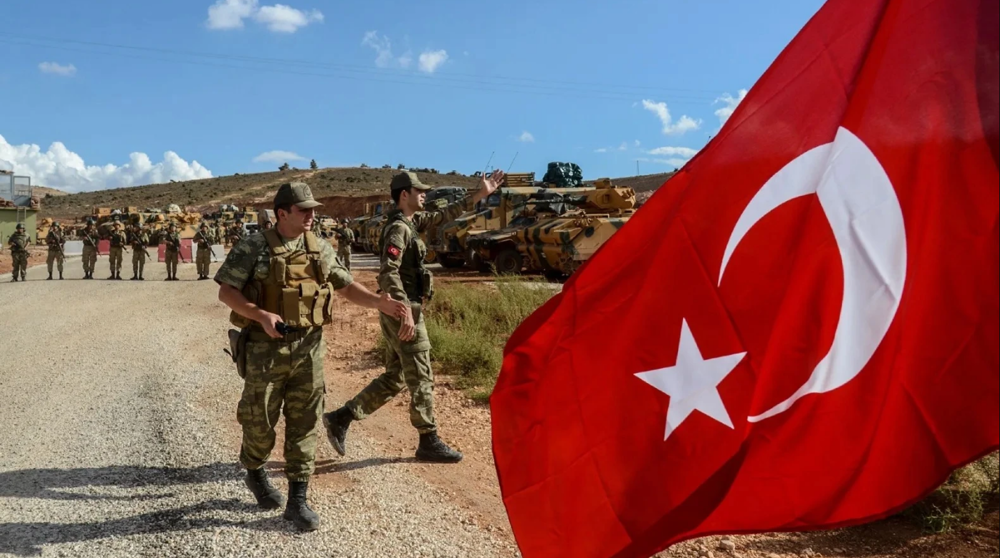Saudi Arabia, allies put 18 Qatar-linked entities, people on ‘terror’ list
The Saudi-led quartet of Arab countries has unveiled a new terrorist blacklist of 18 entities and individuals, six of them from Yemen, over having suspected “direct or indirect” ties with Qatari authorities, as an unprecedented diplomatic rift between the Persian Gulf peninsular emirate and the four siege states is increasingly deepens.
A joint statement by Saudi Arabia, Bahrain, the United Arab Emirates (UAE) and Egypt, carried by Saudi Arabia's official news agency (SPA) on Tuesday, designated eight entities, including al-Balagh Charitable Foundation, al-Ihsan Charitable Society and Rahma Charitable Organization, all three from the war-torn Yemen, as “terrorist groups.”
It also placed eight individuals, three of whom from Yemen, on the same list, arguing that the named people and entities had provided “support” to the Takfiri al-Qaeda militant group and had carried out actions “on its behalf”, alleging that the six had been receiving “significant funding” from authorities in Qatar.
The four countries also placed six Libyan entities, including Nabaa TV, on the blacklist. As for the list of individuals, the Saudi-led quartet of Arab countries also put three Qatari, one Kuwaiti and two Libyan nationals on the so-called terror.
"We expect Qatari authorities to take the next step and prosecute the terrorist groups and people," the statement further said.
The growing rift occurred on June 5, when Riyadh, Manama, Dubai and Cairo severed ties with Doha, officially accusing Qatar of supporting "terrorism" and destabilizing the Middle East, allegations that Qatar says are unjustified and stem from false claims and assumptions.
To further pressure Qatar, Saudi Arabia has totally closed its land border with its tiny neighbor, through which much of Qatar's food supply crossed.
All efforts to resolve the unprecedented crisis have so far turned to be futile, including the Persian Gulf tours by US Secretary of State Rex Tillerson, Kuwaiti Emir Sabah al-Ahmad al-Jaber Al Sabah and Turkish President Recep Tayyip Erdogan.

The presence of six Yemeni individuals and entities on the so-called new blacklist can be interpreted as an additional tool by Riyadh, using the pretext of having purported ties with Doha, to exert further pressure on its impoverished southern neighbor, which has been suffering from the relentless bombardment by Saudi warplanes during the past two years.
Since the beginning of the Saudi war on Yemen on March 2015, which was carried out in an attempt to crush the popular Houthi Ansarullah movement and reinstall the former president, Abd Rabbuh Mansur Hadi, a staunch ally of Riyadh, Saudi warplanes have pounded the nation day and night, killing over 12,000 people, including many women and children, and displacing over three million others.
The Yemen war has also taken a heavy toll on the country’s facilities and infrastructure, destroying many hospitals, schools, and factories. The humanitarian situation in Yemen has also dramatically deteriorated amid a Saudi blockade, which has put the impoverished country on the brink of widespread famine.
Riyadh has so far blocked a number of Yemen-bound foreign humanitarian relief convoys, despite being desperately needed by Yemeni people. Earlier this month, Saudi authorities prevented a United Nations charter flight from Djibouti, carrying aid agency staff, from traveling to the Yemeni capital Sana’a.
The Riyadh regime has, however, failed to reach its goals in Yemen despite suffering great expense.
The coordinated move against Doha is spearheaded by Riyadh, which often manages to have its vassal states fall into line. Saudi Arabia itself is known as the main sponsor of Wahhabi terrorists it has accused Qatar of supporting. Some analysts believe the Saudi anger is rather because Qatar acts more independently of Riyadh, including in its relations with Iran.
Trump threatens Iraq over ex-PM Maliki’s return
VIDEO | Tehran tax administration building destroyed in organized arson, explosion
National unity will block threats to Iran’s territorial integrity: Intelligence minister
VIDEO | Israel-US scheme for Gaza
VIDEO | Iraqi parliament delays vote to elect new president
VIDEO | Gaza City still thirsty due to Israeli attacks, restrictions
VIDEO | Yemen discloses 'Red Sea Missile' amid shifting regional deterrence
Iranian drone swarms pose ‘credible threat’ to US naval assets: Expert













 This makes it easy to access the Press TV website
This makes it easy to access the Press TV website